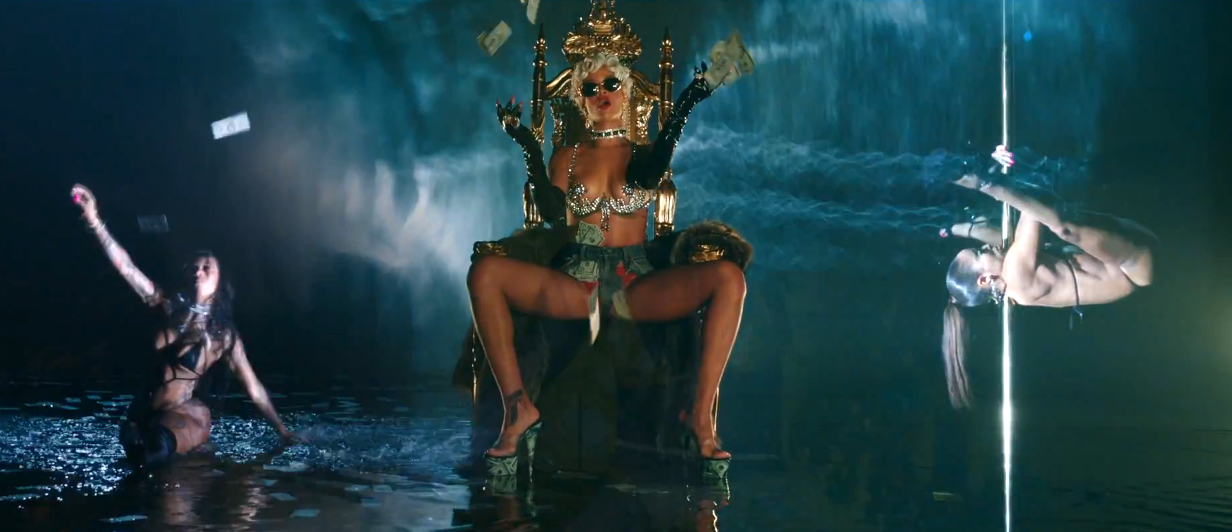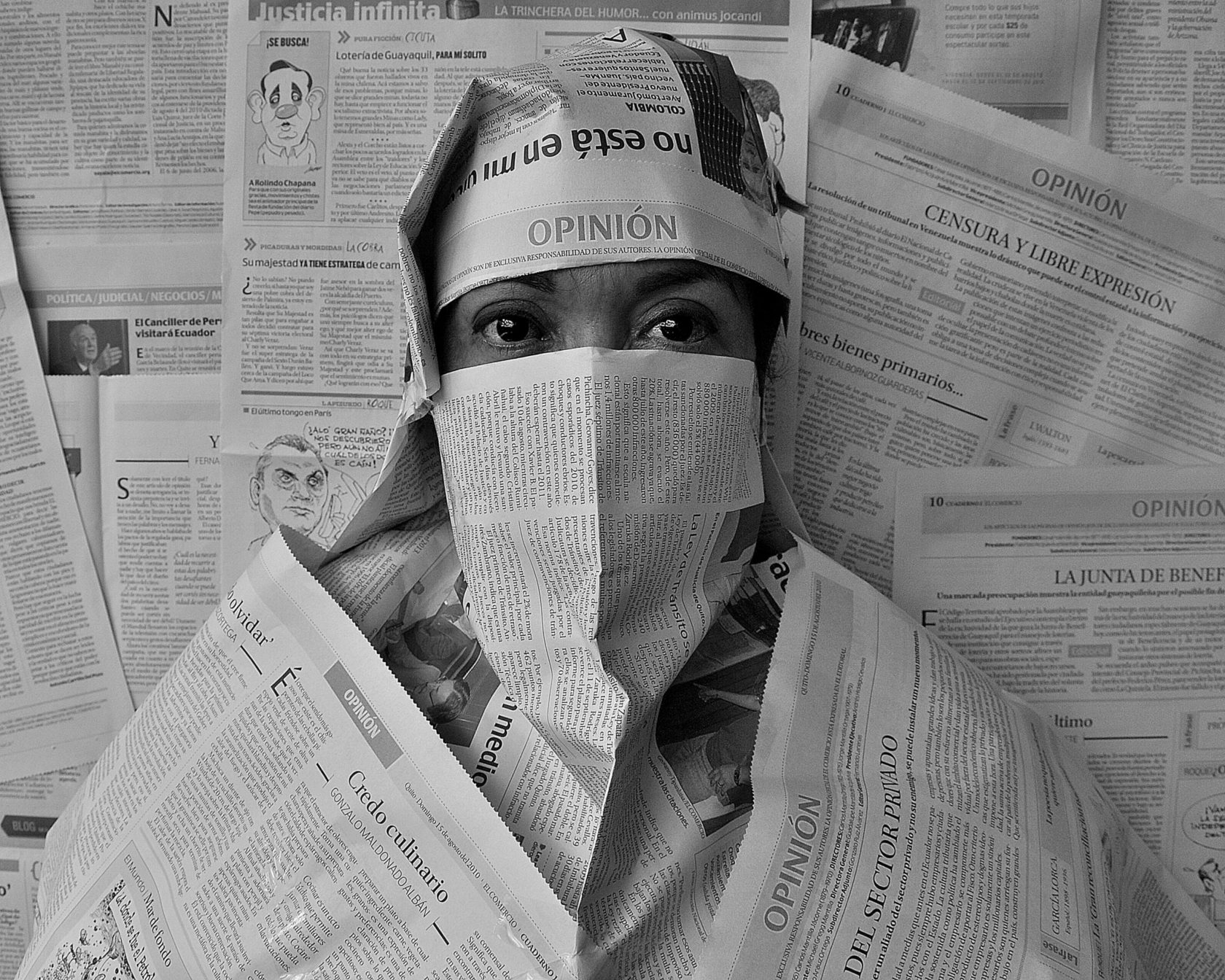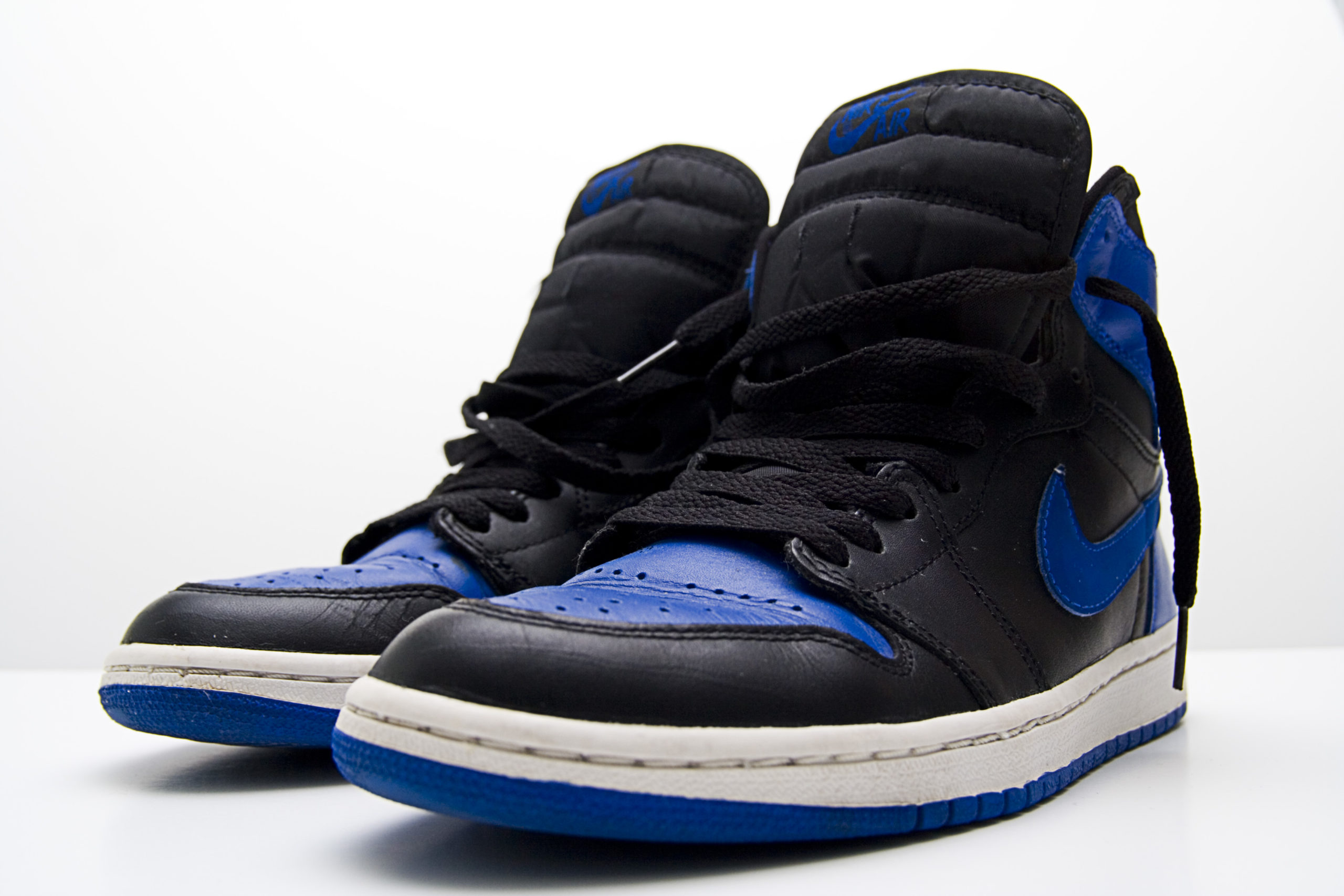
Is borrowing the same as appropriation?
Despite all the recent discourse about musical appropriation, it is still unclear to me exactly who is appropriating which music. The default answer seems to be “white people are appropriating black music” but this seems inaccurate, or at least unspecific.
Hip hop has long embraced Eminem, while Justin Timberlake, Robin Thicke, and Amy Winehouse collect more admiration than critique while drawing heavily from R&B and soul traditions. But Miley Cyrus has made few friends with her grill-rocking, bling-wearing, tweaking antics, and Macklemore and Iggy Azalea have failed to be accepted as white rappers. It’s obvious that there’s a line somewhere, but where is it?
Hip hop especially is so indebted to sampling and homage that it is complicated to draw that line within its boundaries. Musical appropriation can be a sore subject when considering its racial aspect (which one must), and the deep, ugly history of white co-option of black music. When we talk about this history, we remember Elvis’ unabashed appropriation of black styles, but forget that Nina Simone wrote very little of her own music, choosing instead to add her own performance value on other artists’ arrangements—very much like Elvis.
So is it the power differentials buried in the racial crossover that make all the difference? If that’s the line, it seems over-strong: not because 2015 is “over racism” or whatever, but because art and culture simply won’t progress in a healthy way if we draw otherwise-arbitrary chain-link fences strictly with color lines.
Obviously, color matters. But it can’t be the only factor.
Diluting Genres and Stretching Boundaries
The boundaries of once-white American pop culture are stretching to include African American traditions, and much of today’s popular music has undeniably black roots. That’s a good thing, if it’s about celebration, but not if it takes more than it gives.
Unfortunately, mass interest in any art form tends to dilute it from its essential heart into ultimately unrecognizable forms. Producers, DJs, and especially record labels see dollar signs in the popularity of black sounds, and are exploiting them at every turn.
White artists are certainly not the only culprits here. Many of today’s black artists claiming to represent hip hop culture are questionable at best. Hip hop has traveled far from Tupac, Big L, and the Wu Tang Clan towards the likes of 2 Chainz, French Montana, and Young Thug.
So are French Montana and 2 Chainz more “authentically hip hop” than Iggy Azalea and Macklemore simply because they’re black?
Caricatures and Commodification
It seems to me that there’s a difference between musical and cultural appropriation. Music is an art form that, like any other, thrives with appropriation. Historically, credit has never been given where it’s due, and that’s a definite ethical issue. But for better or worse, rock ‘n roll as a whole was born on the backs of black blues artists and even Jimi Hendrix wouldn’t have been jamming without that footwork.
Perhaps the issue is the caricature: is your performance a celebratory adaptation of artistic traditions that you admire, respect, and authentically relate or belong to? Or are you profiting on the commodification of a culture by making yourself and it into a caricature?
This distinction makes sense. It explains why Eminem, who grew up in a trailer park and is the first person to acknowledge “if I was black I would have sold half,” is embraced, while artists like Miley Cyrus, who rose with the privilege of her father’s success and the familiar shock value of her good-little-white-girl-gone-bad act, are critiqued. When Degrassi Drake talks about coming from the bottom, it is no less shameful than Iggy Azalea imitating a southern black accent for marketability.
Making a mockery of traditions that otherwise-authentically deal with the real hardships of a real culture for the sake of profit is disgraceful, irrespective of race. But where art is concerned, it is absurd and counterproductive to use color as the boundary, even if it is the easiest distinction.




